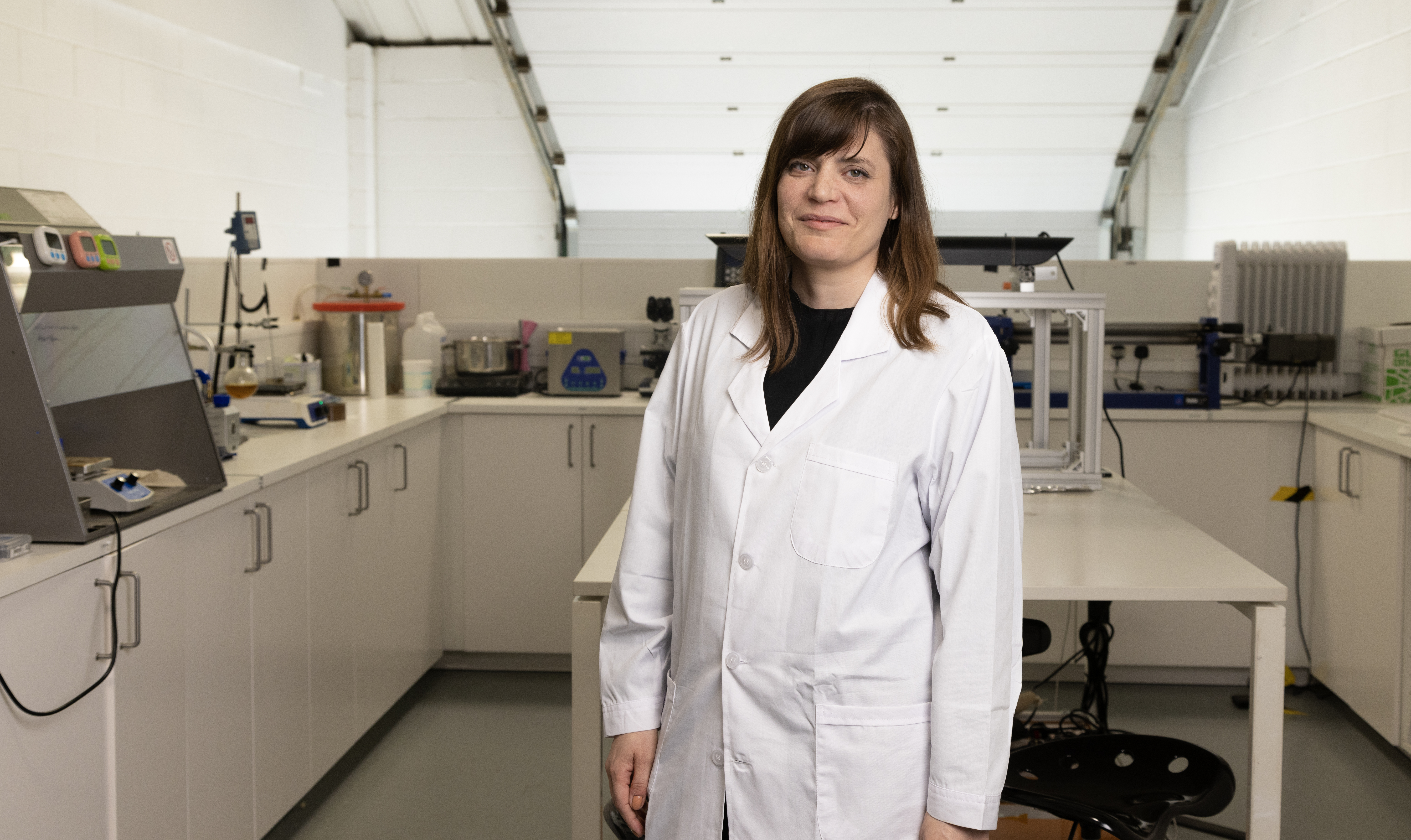End of Use
The end-of-use stage focuses on extending the life of materials and garments by enabling technologies and infrastructure that can redirect garments into reuse and recycling. This supply chain step involves innovation in sorting, chemical recycling processes, and waste match-making platforms. Directing textile waste coming from factories and households into new use phases allows the industry to reduce waste and reuse materials to build a regenerative system.
Projects
In Conversation with CuRe Technology: How Can We Create a Fully Circular Polyester Chain?

Meet the Innovator: CuRe Technology

Can we recycle polyester?

Sorting for Circularity Europe Expands to Address Rewearable Textile Crisis
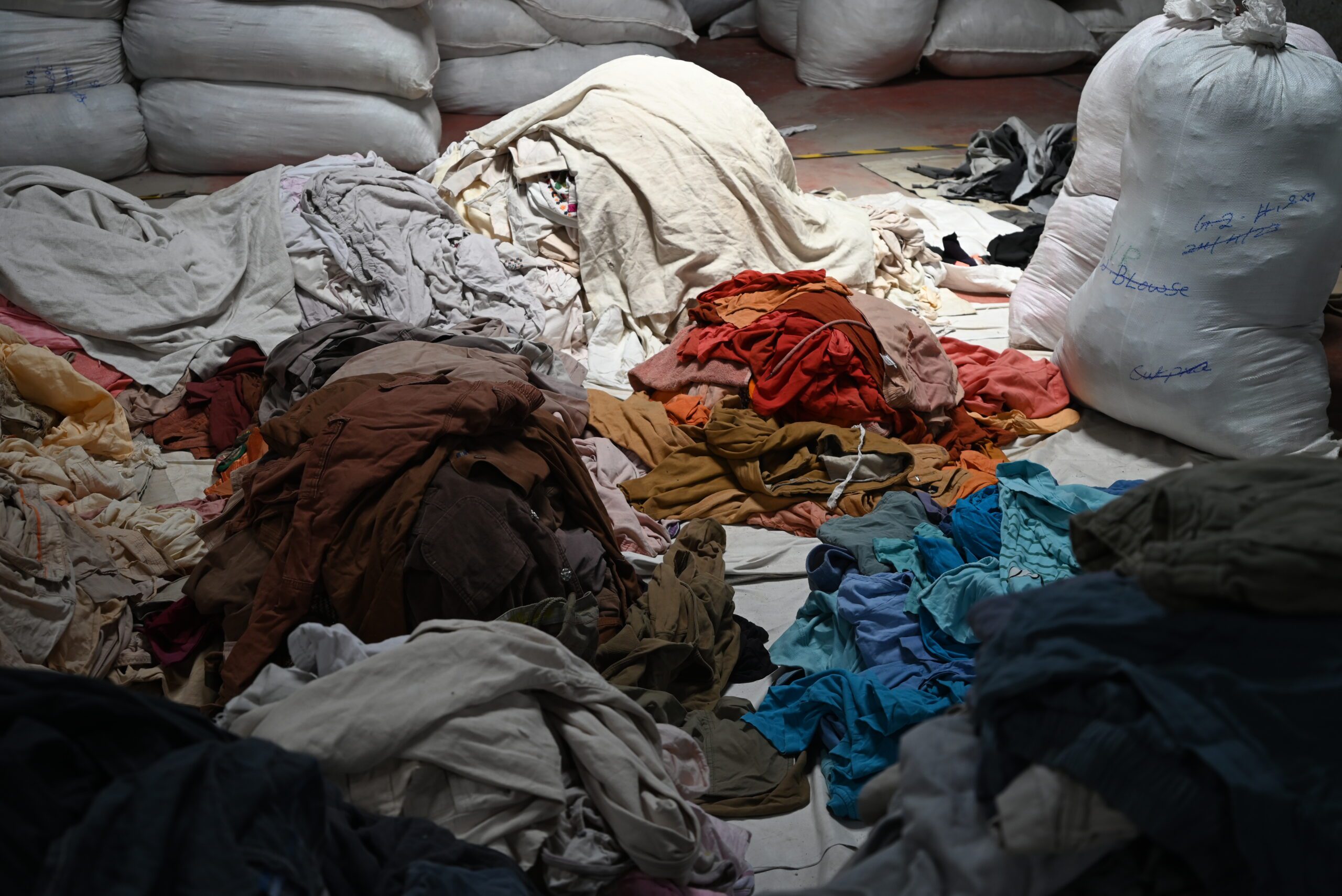
Sorting for Circularity India Toolkit Launched: Pioneering Partnership Sets India on Path to Next-Gen Textiles Leadeship

In Conversation with Renewcell: The Innovator Turning Worn-out Clothes into Next-gen Materials
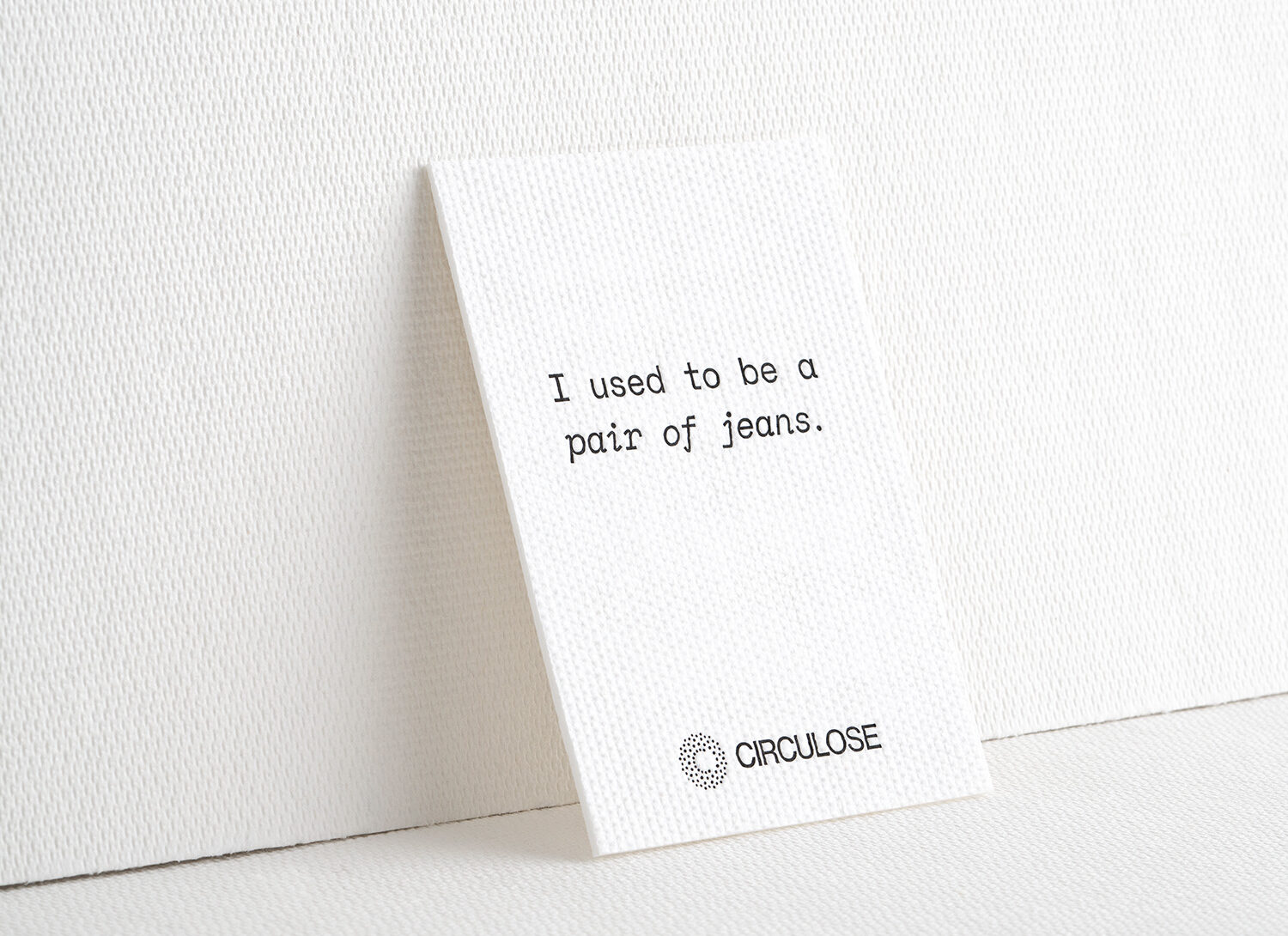
Meet the Innovator: Renewcell
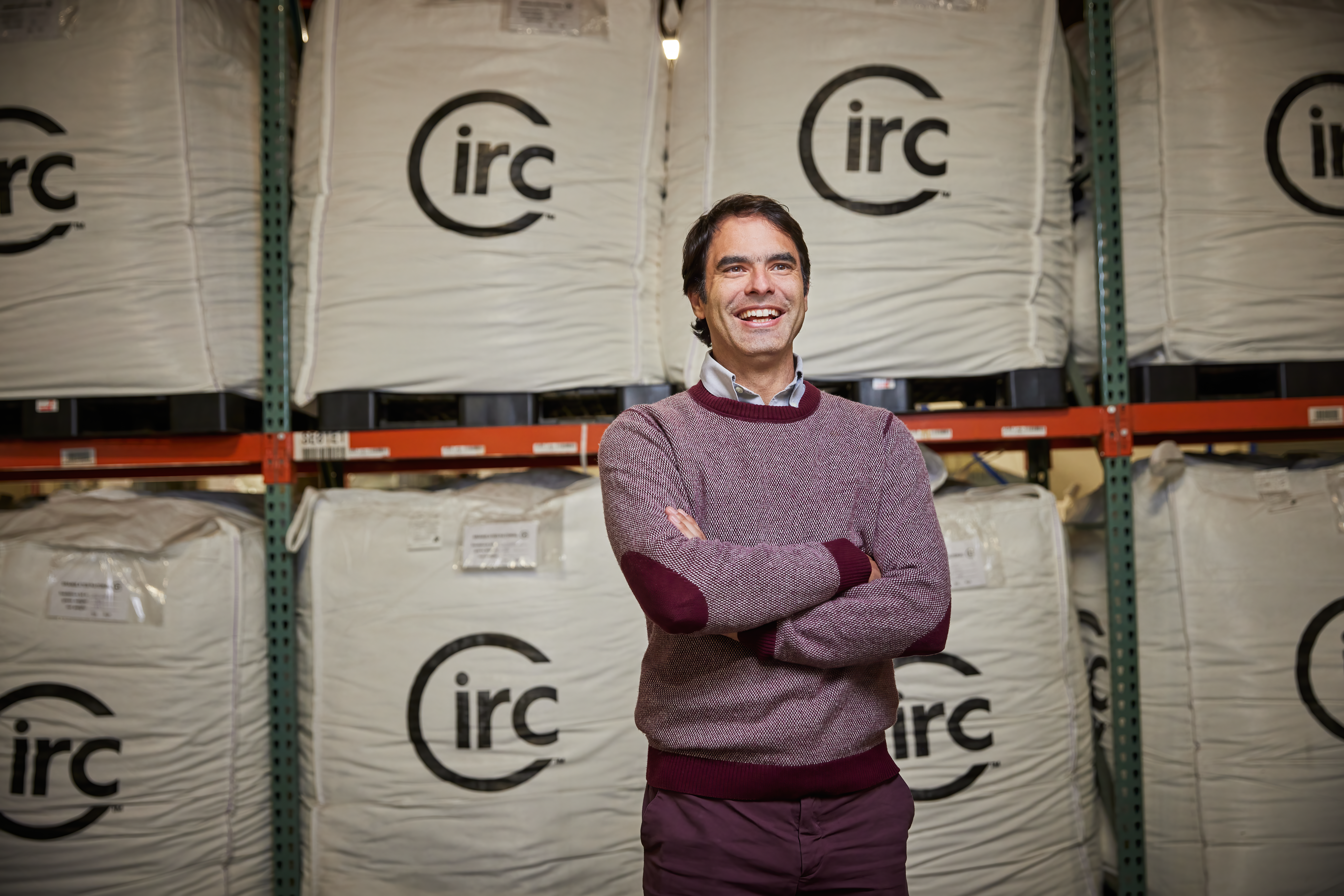
In Conversation with Circ: The Innovator Turning Textile Waste into New Materials
Innovators

Matoha
Matoha specialises in automated sorting solutions through near-infrared (NIR) spectroscopy. Their technology enables the accurate identification and sorting of materials, contributing to better diversion of textile waste feedstock to the recycling industry. Founded in 2018 (UK).

Protein Evolution
Founded by a team of scientists and engineers, Protein Evolution uses a combination of biology and chemistry to transform waste into high-value products. The company’s goal is to unlock the potential of waste to be a valuable resource, in a bid to help the materials industry transition to a lower-carbon, more circular economy. Founded in 2020 (US).
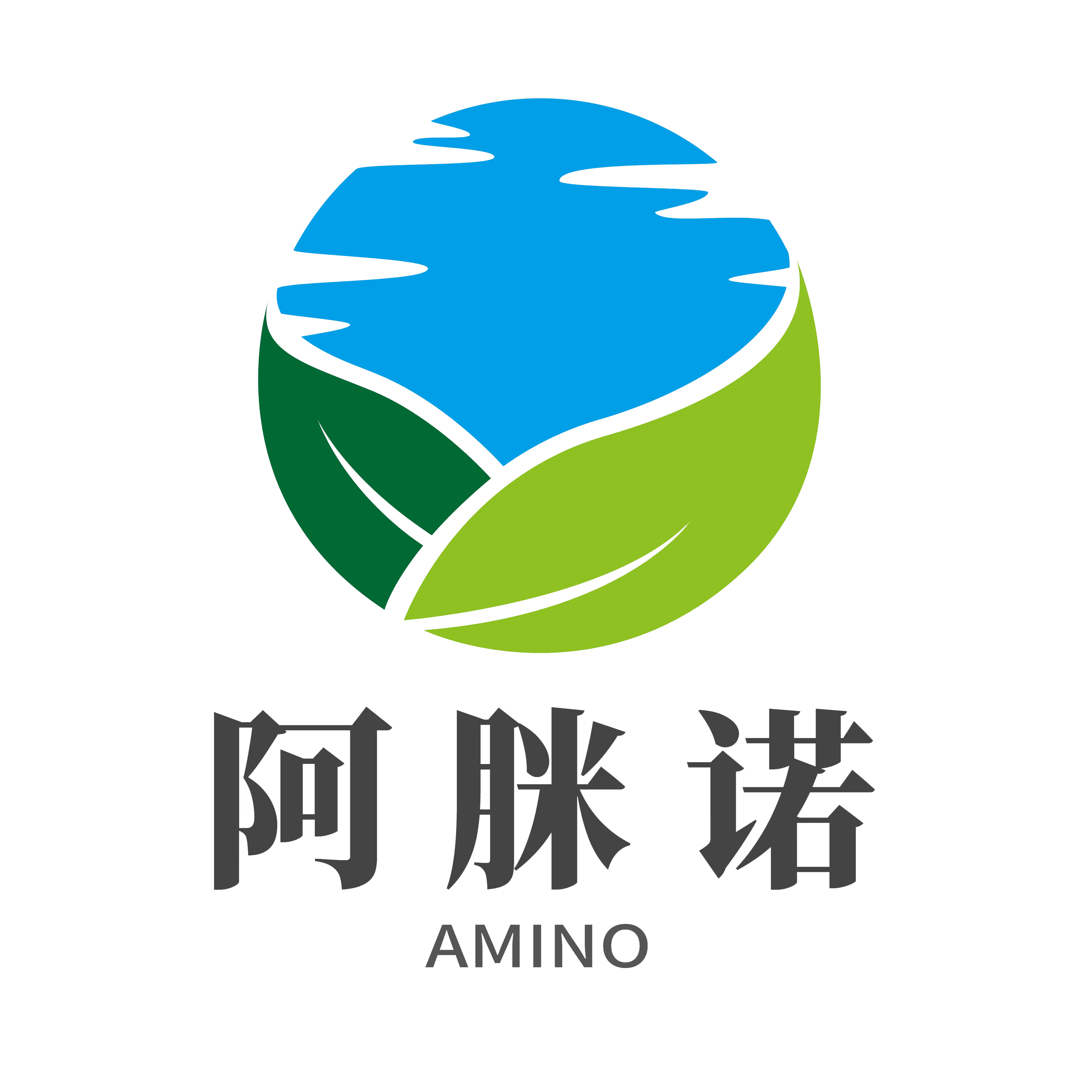
Re:lastane
Re:lastane focuses on the separation and recycling of polyester and polyester blended fabrics. They have developed a patent pending “Relastane” polyester recycling system, which realises the separation of polyester fibres from cotton, nylon, spandex and other blended fibres. Founded in 2020 (China).

DePoly
DePoly’s advanced recycling technology converts unsorted, dirty end-of-life plastics and fibres into virgin-grade raw materials. They focus on items that cannot typically be recycled due to complex blends, dyes, contaminants, etc. Their low-energy process uses simple, green chemicals and operates at room temperature, all without the need to pre-wash, pre-sort, or separate out other materials. Founded in 2020 (Switzerland).

Ioncell
Ioncell Oy develops patented Ioncell® technology, which transforms cellulosic bio-materials into new, high-performance textile fibres in a sustainable way. Their technology can improve the quality when textile waste is recycled into new fibres, therefore supporting the inevitable transformation to a circular economy in the clothing and textile industry. Founded in 2019 (Finland).

Evrnu
Evrnu converts textile waste materials into ‘new’ engineered fibers, which can be recycled again and again. Cotton-rich waste from the manufacturing process and discarded consumer fashion items is used to make Nucycl® lyocell fiber. Founded in 2014 (US).
CuRe Technology
CuRe Technology recycles any type of used polyester by purifying it and converting it into high-grade, ready-to-use 100% rPET which can replace PET from fossil-derived sources. Founded in 2018 (Netherlands).

Refiberd
Refiberd biedt een geïntegreerde technologie voor geautomatiseerde sortering en chemische recycling van gemengd post-consument textielafval. Door gebruik te maken van een combinatie van spectroscopie, machine learning en beeldverwerking voor het sorteren en het op maat oplossen van cellulose voor chemische recycling, kan de technologie van Refiberd het materiaalafval naar stortplaatsen verminderen en de CO2-uitstoot verlagen. Opgericht in 2020.
Latest

Fashion for Good Welcomes Ten New Innovators to Its 2024 Innovation Programme
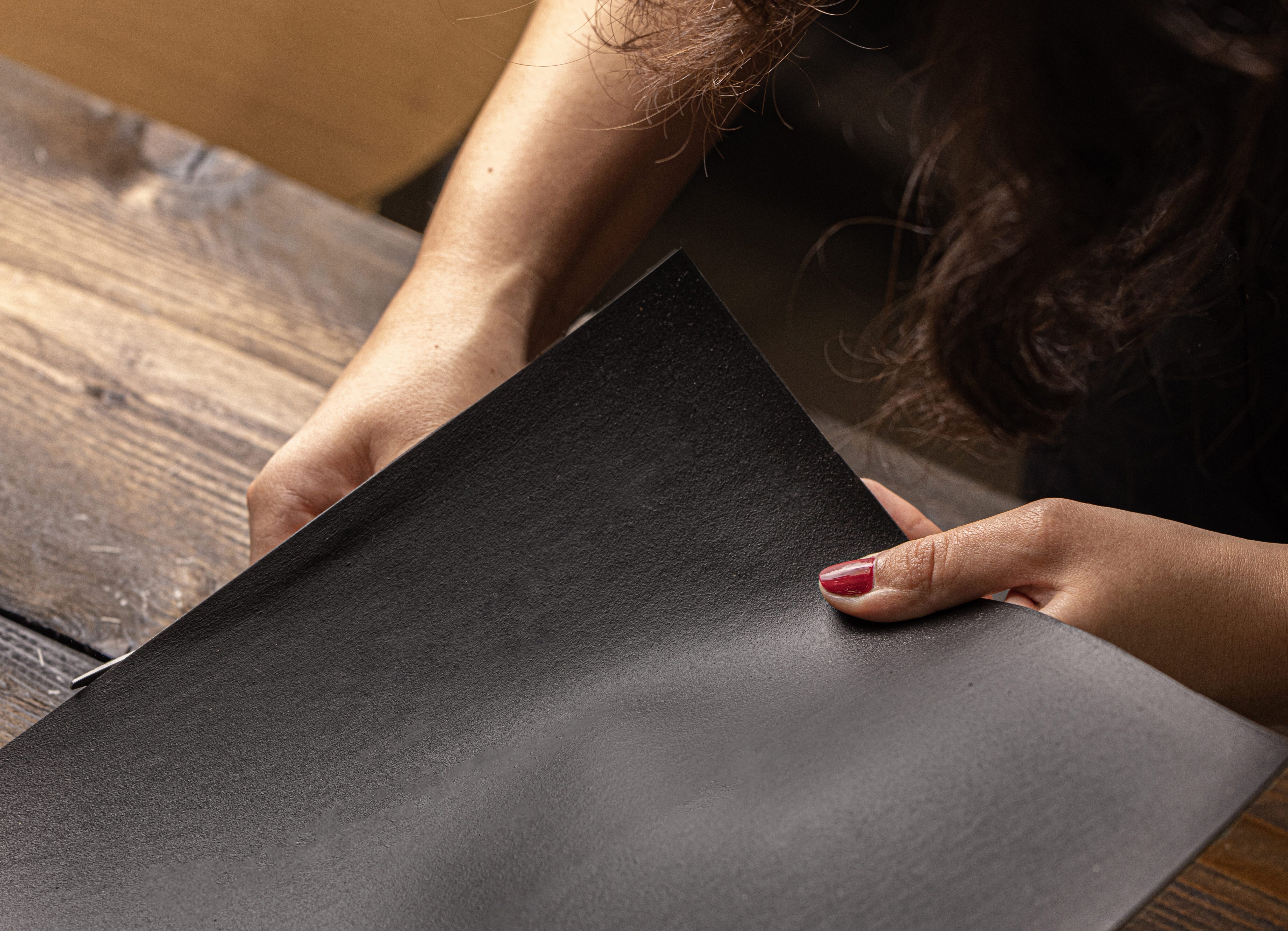
5 FAQS About ‘Leather’ Alternatives

Fashion for Good Museum Lanceert Educatieve Lesprogramma’s
